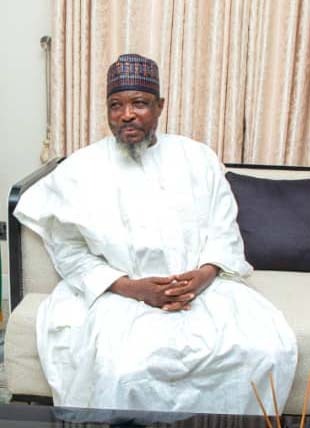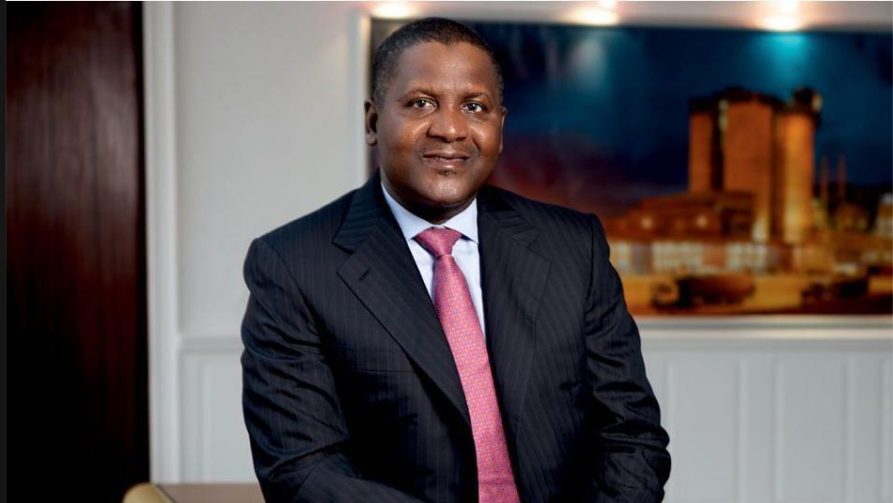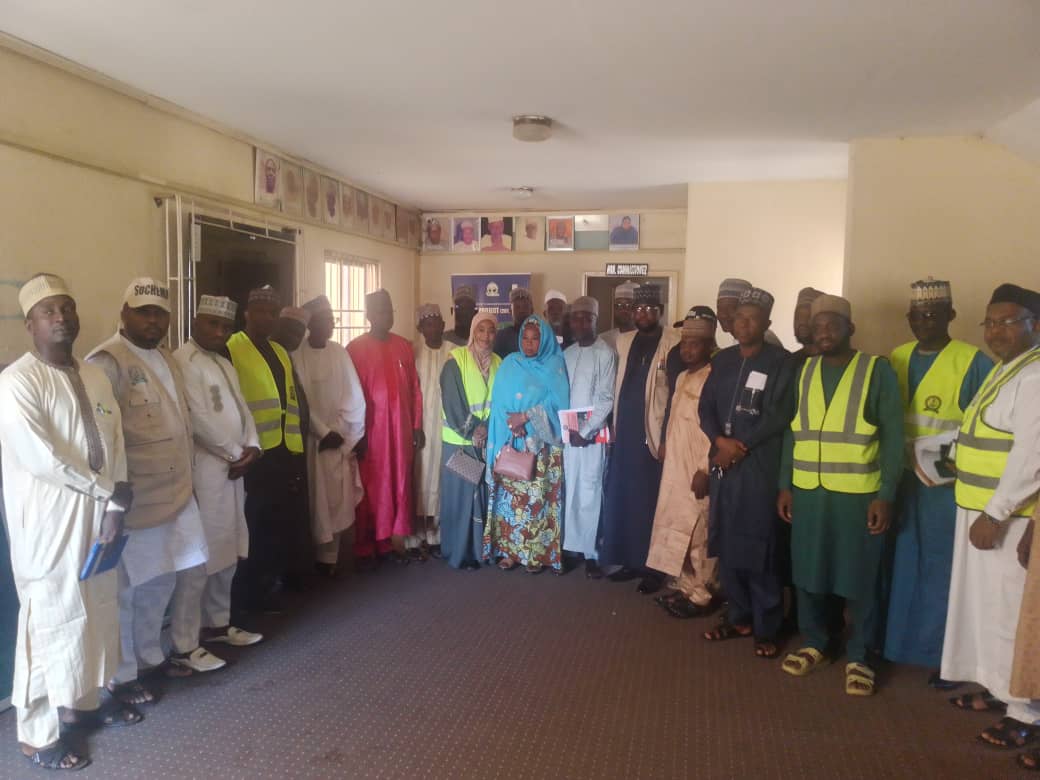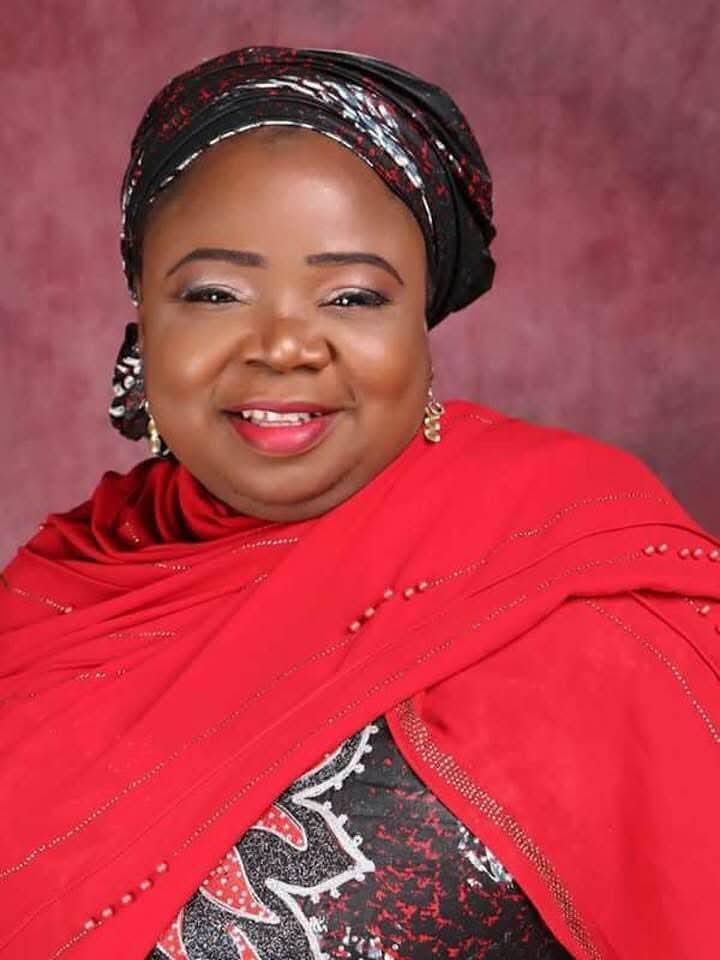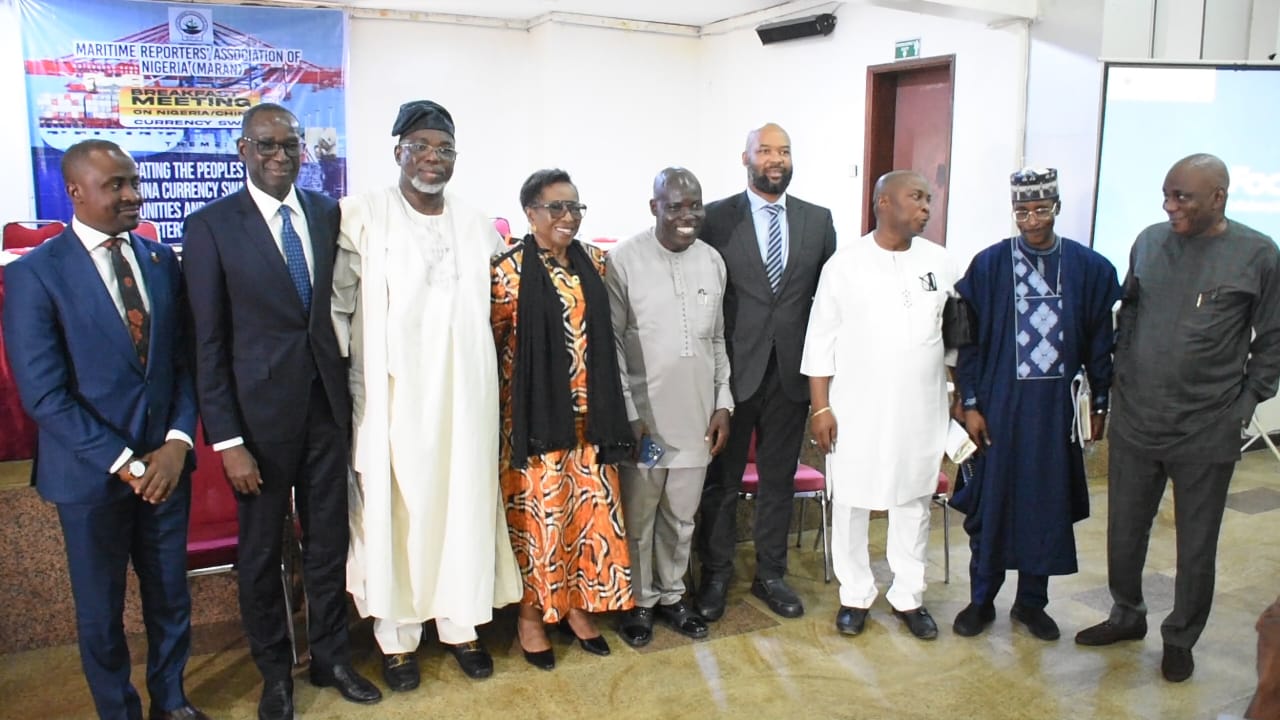
The Central Bank of Nigeria (CBN) has hailed the Nigeria-China currency swap deal as a transformative policy initiative capable of reducing shipping costs, improving trade efficiency, and easing foreign exchange pressures, particularly in the maritime sector.
Speaking at a stakeholders’ breakfast meeting organized by the Maritime Reporters’ Association of Nigeria (MARAN) in Lagos, CBN Governor Mr. Olayemi Cardoso said the agreement allows Nigerian and Chinese businesses to trade directly in naira and yuan—bypassing the U.S. dollar. He noted that the currency swap, initially signed in 2018, was renewed in December 2024.
“The swap agreement simplifies trade settlements in local currencies and eases the burden on Nigeria’s dollar reserves. This, in turn, lowers the cost of doing business and boosts the competitiveness of Nigerian exports,” Cardoso stated.
Represented by Mr. Anthony Ogufere, Special Adviser on Finance and Strategy, Cardoso revealed that China had become Nigeria’s largest trading partner by the end of 2024, accounting for about 35% of total imports with a trade volume reaching $11.58 billion.
He added that the maritime industry, which handles the majority of Nigeria’s imports and exports, stands to benefit significantly from faster port clearance processes, improved trade finance mechanisms, and direct shipping routes, including through the Chinese-backed Lekki Deep Sea Port—a flagship project under China’s Belt and Road Initiative.
However, Cardoso admitted that key obstacles still hinder the full potential of the swap deal. Chief among them is Nigeria’s substantial trade imbalance with China and the limited use of yuan in domestic transactions.
He called for increased awareness, stronger policy coordination, and an aggressive push to expand Nigeria’s non-oil exports to China.
Also speaking at the event, Mr. Martins Olajide of the Nigeria-China Strategic Partnership offered a more cautious perspective. While acknowledging the short-term benefits of the swap deal, he argued that it does not provide a lasting solution to the persistent depreciation of the naira.
Describing the policy as “swapization,” Olajide warned that Nigeria’s economic vulnerability—fueled by heavy reliance on Chinese imports—diminishes the swap’s long-term value.
He emphasized the urgent need for structural reforms, including industrialization, value addition, and increased local production.
“Without these changes, the swap arrangement may simply reinforce economic dependence on China without addressing Nigeria’s underlying economic weaknesses,” he said.
In his opening remarks, Aare Akeem Olarenwaju, Chairman of the Customs Consultative Council (CCC) and chair of the event, lamented the volatility of the naira-dollar exchange rate, which he said is a key driver of the soaring cost of goods in Nigeria. He advocated for greater public awareness of alternative currency options, such as the Chinese yuan.
“You can’t predict the cost of goods within hours because of fluctuating exchange rates. Today it’s ₦1,600 to a dollar; tomorrow it could be ₦1,700 or ₦1,500. The common people bear the brunt,” Olarenwaju said.
He praised the event organizers for initiating critical conversations around trade, currency, and maritime policy, urging media professionals to help inform the public on viable alternatives that could reduce Nigeria’s dependence on the U.S. dollar.
In his welcome address, MARAN President Mr. Godfrey Bivbere reaffirmed the association’s commitment to facilitating dialogue on key economic issues. While noting the potential of the currency swap to reduce transaction costs and improve trade efficiency, he stressed the importance of balanced scrutiny.
READ ALSO: IPMAN Enugu launches estate project to tackle housing shortage, boost investment
AKSHIA Wins National Award, Targets 200,000 Universal Health Coverage by 2025
“We are not here just to applaud progress—we must also interrogate policy. It’s vital to assess both the benefits and the risks associated with China’s growing economic influence in Nigeria,” Bivbere said.
He encouraged stakeholders across maritime, trade, and financial sectors to approach the currency swap deal with critical insight, emphasizing that long-term gains will only come through policies that protect Nigeria’s economic interests while promoting sustainable growth and competitiveness.

